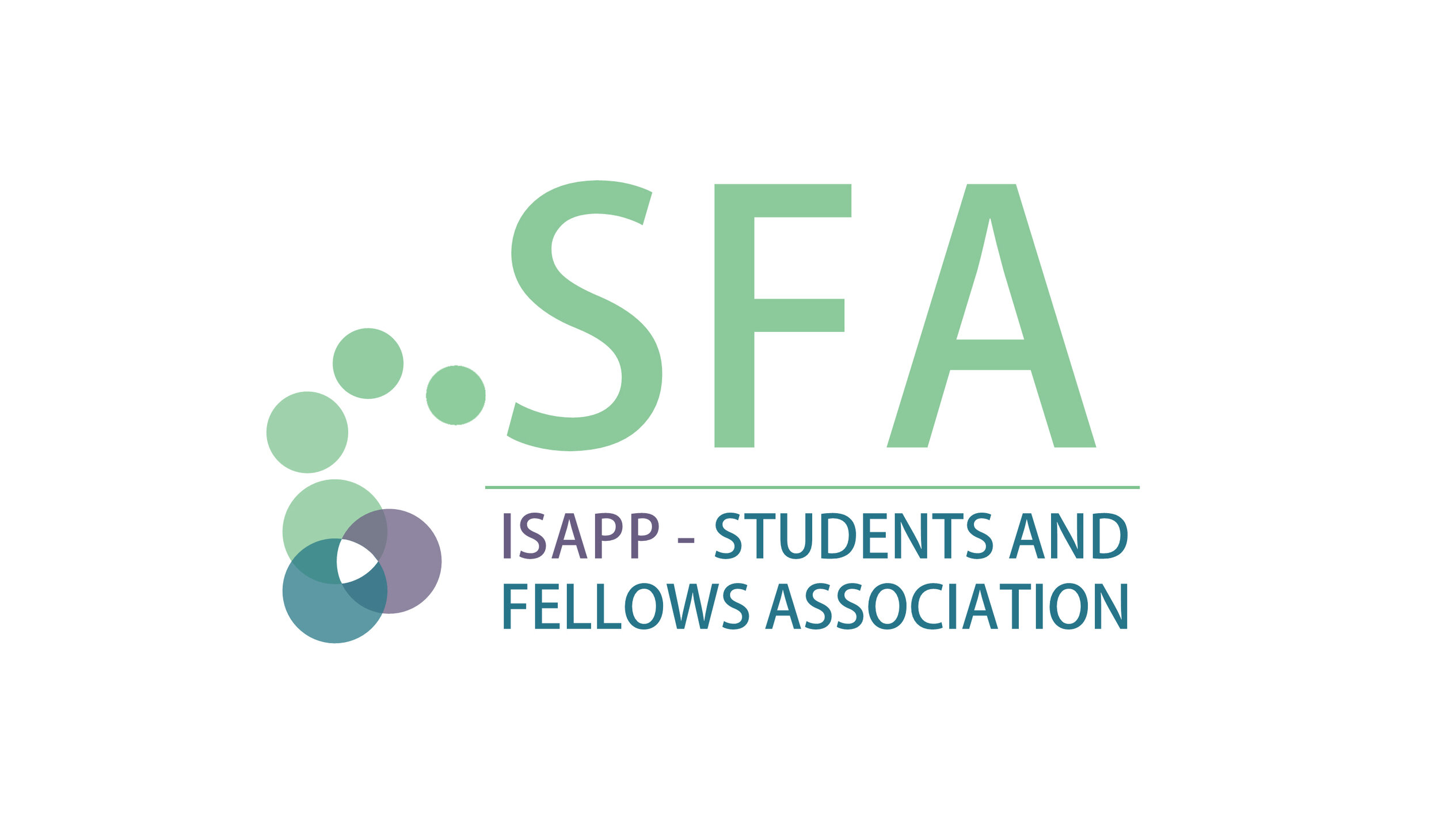Probiotics and Fermented foods Research - The APR Lab, University of Ghana.
Elmer Ametefe
My name is Elmer Ametefe, Faculty and Early Career Researcher at the Department of Biochemistry, Cell and Molecular Biology of the University of Ghana.
My Interest in probiotics was piqued after my PhD studies. My PhD research focused on the identification and molecular characterization of predominant microorganisms in kantong which is fermented seeds of the kapok tree (Ceiba pentandra) and used as a food condiment in parts of Ghana (Kpikpi et al 2014 https://pubmed.ncbi.nlm.nih.gov/24747716/). Different species of the Bacillus genus were found to be the predominant strains involved in the fermentation of kantong and a previous study by my research team also showed the enhanced nutritional value of kantong as a result of fermentation https://onlinelibrary.wiley.com/doi/pdf/10.1111/j.1745-4514.2008.00205.x
I went on further to study Host-Microbe interactions using Mammalian cell lines and predominant Bacillus strains isolated from kantong. Findings from this research showed the ability of Bacillus species to strengthen the epithelial barrier by increasing transepithelial electrical resistance of epithelial cells of the gastrointestinal tract. This set the stage for my research into Bacillus species as potential probiotics.
As Leader of the Ametefe Probiotic Research Lab (APR Lab) in my department, I work with a brilliant and enthusiastic team of young scientists both at undergraduate and graduate levels, researching on characterizing probiotic microorganisms associated with fermented foods and their impact on host health. Some of our research includes:
Studies on the impact of fermented tea (kombucha) on gut modulation and diabetes. In this study, alloxan-induced diabetic rats were fed with kombucha over a 28-day period, biochemical parameters of diabetes were measured, microbial profile of fecal samples determined, and pathological analysis carried out. The results observed (quite exciting: reduction in fasting blood sugar, regeneration of islet cells) were presented at the ASM/FEMS 2021 conference, World Microbe Forum, and have been submitted for publication.
Characterization of lactic acid bacteria from the breastmilk of lactating mothers within Accra, showed some interesting results when tested on cancer cell lines. Pediococcus acidlactici were the predominant LAB isolated and they were seen to upregulate inflammatory cytokines. This has opened the door to potential research questions: What is the average probiotic consumption of lactating mothers in Ghana? What is the implication of the presence of P. acidilactici on breastfeeding infants? Should lactating mothers be on required probiotic diets? My research team is building collaborations to tackle these questions.
With some funding from the University of Ghana Research Fund, we have been able to carry out a preliminary survey to determine the level of knowledge of probiotics among local producers and consumers of yogurt in Accra, Ghana. We also screened some selected “probiotic yogurt” for the presence and identity of any probiotic Lactic acid bacteria.
Currently, with a small grant from BANGA-Africa, (Building A New Generation of Academics-Africa) a Carnegie sponsored initiative with the University of Ghana, my team is working on repurposing fermented seed condiments as a carrier of probiotics for poultry feed. We are characterizing Bacillus strains from kantong and determining their probiotic properties with the intention to them use as starter cultures for the production of a probiotic poultry feed. This is quite an exciting project for us because it provides a potential probiotic alternative for the use of antibiotics as growth promoters in our poultry industry in Ghana.
The consumption of Probiotics is not the norm among the Ghanaian population; however, research has provided ample data on the role probiotics play in gut modulation and its impact on the outcome of various diseases as well as general health and wellbeing. APR lab is taking the probiotic characterization of Bacillus from African fermented foods a step further with the aim to formulate Bacillus supplemented probiotic products for the Ghanaian/African consumer. With the onset of Covid -19, there has been interesting data on the impact of probiotics on reduced disease severity, thus, we are hopeful that our research will contribute immensely to the availability and consumption of probiotics among the Ghanaian populace to promote general health and wellbeing
I am excited about the research I get to do in my country Ghana and its impact on the younger emerging scientists from my institution. Even though we are very much limited in terms of resources, I believe with tenacity, positivity, and good inter-African collaboration we can move the continent forward and focus on research that bring real solutions to the very real issues we face in Africa.
Thank you.
APR Team 2021
APR Team 2021




